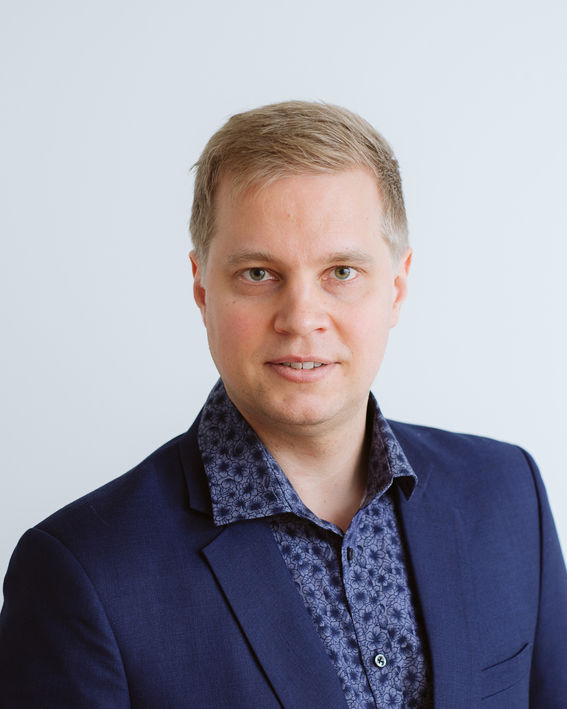Funding boost to make quantum circuits reliable

The commercial development of quantum computers calls for breakthroughs in three important areas: quantum logic, readout of quantum information, and managing losses. Quantum information is destroyed if there are energy losses in the system. On the other hand, quantum computers need losses to efficiently initialize the quantum memory.
The new Scalable Fabrication Process for Quantum-Circuit Refrigerators (SCAR) project aims to develop the reliability and scope of the quantum-circuit refrigerators that are part of quantum processors. The ultimate goal is to demonstrate that quantum-circuit refrigerators can be used to reliably manage losses. SCAR is Professor Mikko Möttönen’s fourth project grant from the European Research Council (ERC).

‘We will use an electron beam writer to manufacture 10,000 quantum-circuit refrigerators, which are tunnel junctions about 100 nanometres in size. We will systematically study which actions improve the quality of the manufacturing process and its uniformity. The revised process may involve new cleaning methods and alternative materials for the tunnel junctions,’ Mikko Möttönen explains.
One of the aims of the cleaning is to prevent unwanted atoms and molecules from entering the junctions and thus changing their properties over time.
‘The options for the cleaning methods include the use of hydrofluoric acid, which can be used to clean the silicon surface very efficiently. It is a rather aggressive method, however, and the junctions and masks used to make the junctions may not be able to withstand it.
Aluminium has been used as a superconductor in the junctions and it does not need to be replaced. Copper has been used, for example, as a normal metal, and a gold-palladium alloy could be tried as an alternative to this.
Mikko Möttönen has received a €2 million ERC Consolidator Grant for the period 2017–2021. Furthermore, the new SCAR project also supports the construction of a domestic quantum ecosystem which includes, for example, Aalto University, VTT Technical Research Centre of Finland and a number of companies from the quantum technology sector.
‘The quantum-circuit refrigerator was invented by my group a few years ago, and it has been further developed in other research projects. Our goal is to be able to manage losses extremely precisely and in real time,’ Mikko Möttönen adds.
The study is being carried out by the Quantum Computing and Devices research group, which is part of Quantum Technology Finland (QTF), a national centre of excellence in quantum research. The group uses the national OtaNano research infrastructure for its research.
Read More:
Previous news article about the quantum-circuit refrigerator
European Research Council: Top-up funding awarded to ERC grantees to spur innovation
Read more news

Life inside the rock: Otaniemi’s ‘catacombs’ as a living lab for research and education
Building underground calls for research and expertise from many fields. We descended into a tunnel right from the Aalto University campus.
Research reveals the economic significance of family firms in Finland
The findings show that, on average, family firms are more profitable and financially resilient than other firms – and also invest more.
Measuring urban nature: new habitat types and criteria support the prevention of biodiversity loss
A recent report introduces an anthropogenic habitat classification and assessment criteria that make it possible to visualize, measure, and compare nature in the built environment. These tools enable the assessment of ecological condition and support the development of green infrastructure and the prevention of biodiversity loss in cities.






